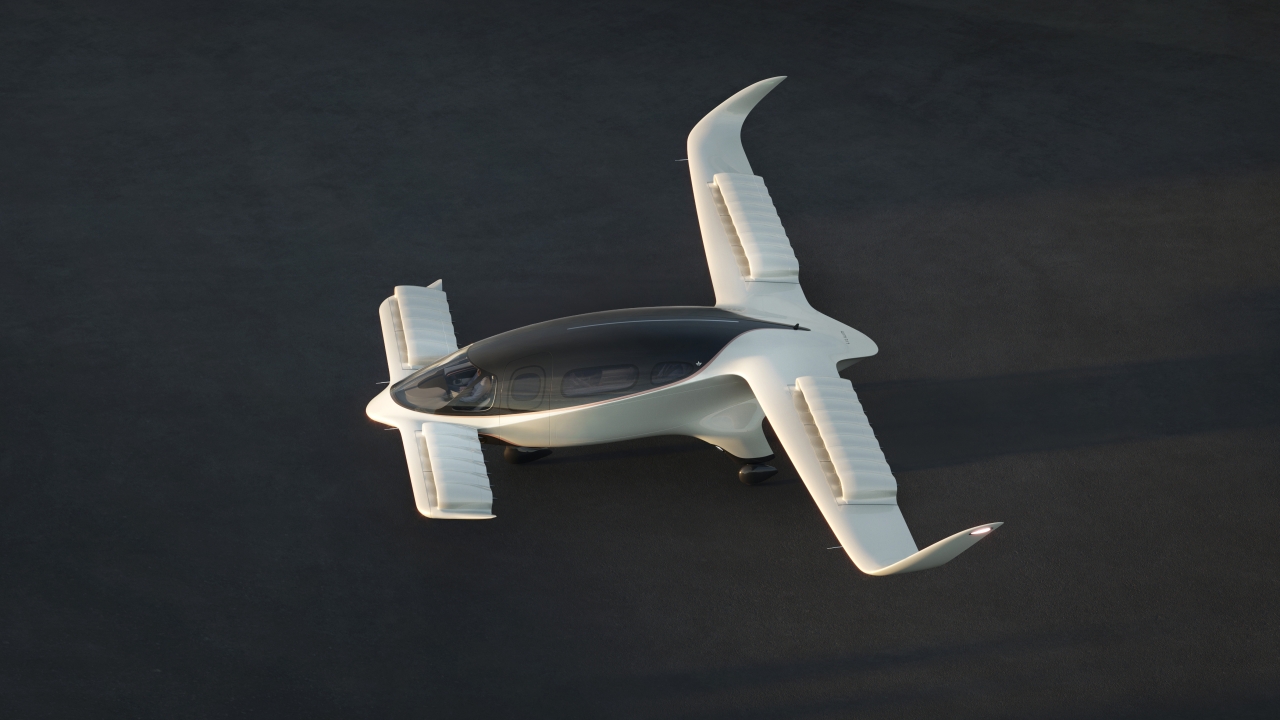Tecnam P2012 traveller achieves Easa certification

The arrival into service of the next-generation 11 seat P2012 Traveller is much anticipated by many airlines, who have been demanding a replacement for the many hundreds of ‘heritage’ aeroplanes in the FAR23/CS23 category currently in service around the worldand is set to open many profitable opportunities in the Short Haul transportation segment.
With Federal Aviation Administration (FAA) certification is expected to follow shortly, Tecnam are on track to commence deliveries in early 2019.
Already established as a leader in both the Flight Training and Private General Aviation sectors, the entry into service of the P2012 will undoubtably herald similar success for Tecnam in the very competitive commuter airline market too.
The P2012 Traveller development project was officially announced in 2015, with Tecnam investing in new state-of-the-art production facilities in Capua, Italy.
This key certification milestone will add and ensure new and significant profitable revenue streams for Tecnam, which have been built on a foundation of over 70 years’ aircraft manufacturing.
Certification campaign
The Tecnam board is particularly proud to have met all schedules announced at the time of the application for the certification program: the first P2012 prototype made its maiden flight in July 2016 and the Type Certificate has been obtained in December 2018.
The two prototypes used in the certification programme have flown a total of 600 hours with Tecnam Experimental pilot Lorenzo De Stefano. The flight test programme included sorites in severe environments: in real icing conditions and very hot temperatures, at altitudes and speeds not usually met in everyday operations, testing diving speeds and flutter conditions. The test programme was focused on assuring customers that the P2012 will operate safely and reliably at all times in all weather condition.
Particular care has been applied on cabin safety, evacuation and fire protection tests, going further than the CS23 EASA and FAR23 FAA requirements and reaching Commuter category standards (for aircraft up to 19 passengers), while for other features, such as seating safety, Tecnam met the more restrictive CS-23 FAR 23 rules.
The P2012 Traveller programme benefited from the support of many global aerospace organisations including Lycoming and Garmin. Tests were also performed in partnership with organizations as Federico II University of Naples Wind Tunnel, Polytechnic of Milan for dynamic tests on seats, Ice wind tunnel in New York, lightning test in Nürnberg, Germany
Michele Oliva, head of design organisation: “I need to say thanks to all our engineers of Tecnam Design Office, authorities’ representatives and our partners, but especially to the technicians of the Experimental Department that set-up the aircraft for testing, often working until late at night, to let us be ready for the next morning tests. I am especially proud that we have successfully completed the project that the late Prof. Luigi Pascale started. We know we have achieved all that he envisioned in the development of this game changing aeroplane.”
Stay up to date
Subscribe to the free Times Aerospace newsletter and receive the latest content every week. We'll never share your email address.

